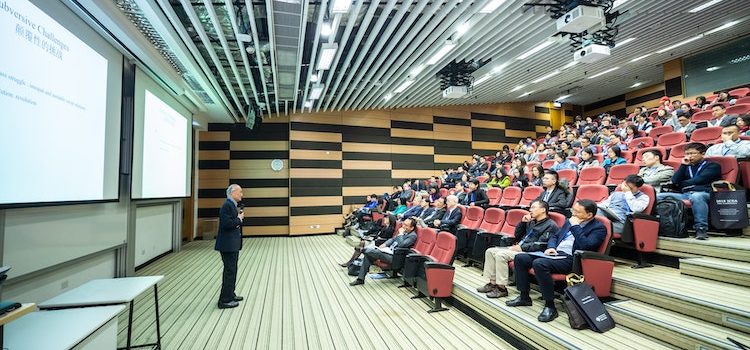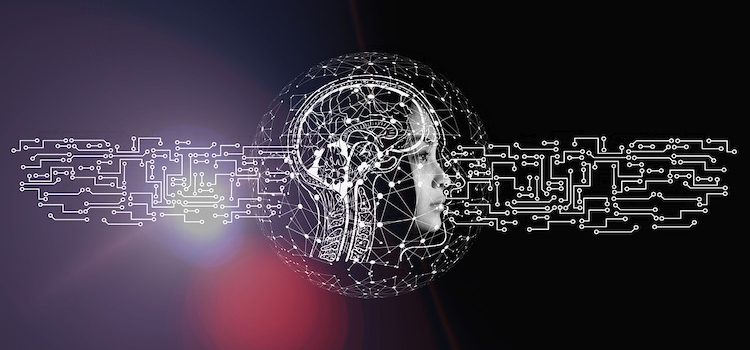How are your learning habits? Is procrastination one of them? You can make the most of your study time when you take control of your habits. A Mind for Numbers includes four strategies for changing your learning habits—and three ways to overcome the habit of procrastination. Keep reading to discover how to establish effective learning habits.
Effective Learning Habits: The 4 Strategies You Need










